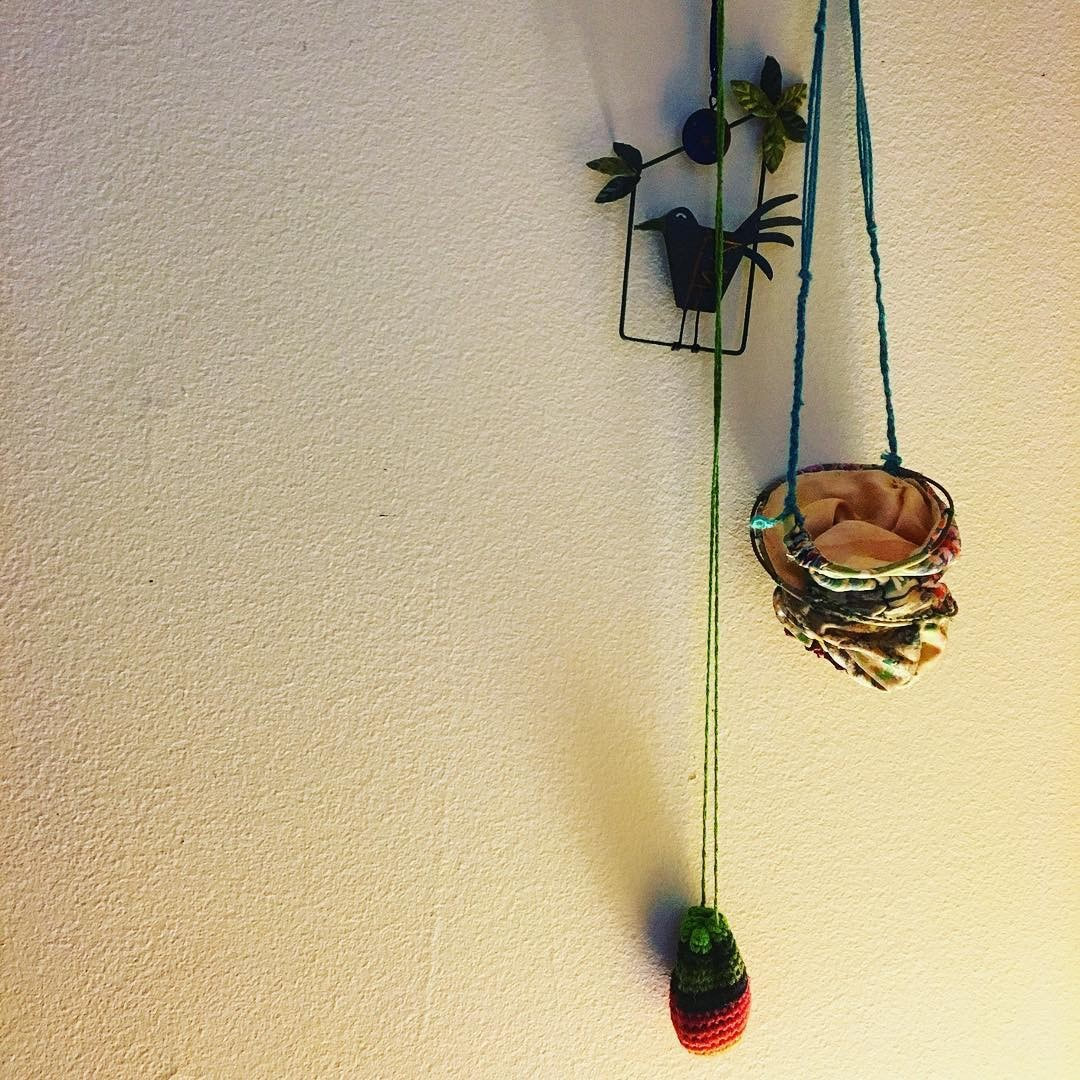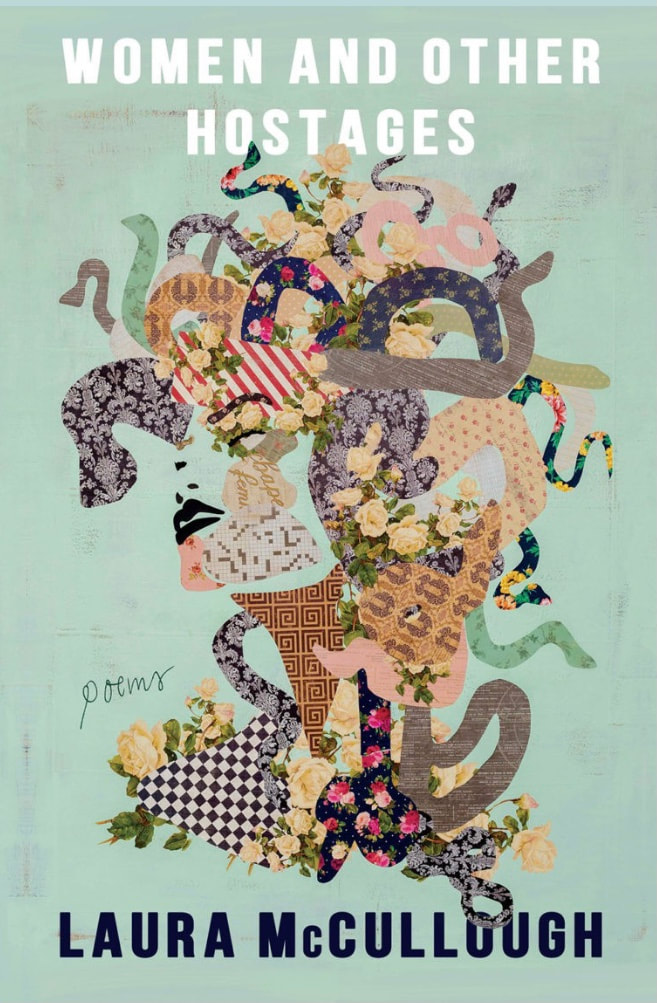LAURA MCCULLOUGH
Long slog: on trauma and hope2/25/2021 The trauma of the last several years--collectively, personally--has left many of us raw and bewildered. I don't know anyone who doesn't talk of what's been breaking-betrayals, losses, the economy, the climate--and so many talk about the narcissists among us, which turns out to be all of us: the narcissistic wound we enter the world with due to inherited family patterns and trauma (thank you to the epigeneticists for the science behind this) and the new wounds we experience by our caregivers, who, due to their own unprocessed wounds overwhelm or abandon us or both. We all have a wound to our inner child, unintegrated ego elements, repressed and suppressed griefs that effect our performed identities, effect our perceived identities. Who are we? It's a long slog to figure that out. If we are even doing that terrifying work. Easier, sometimes, to slog on in our own dreams, projecting our pain and anxieties on others, living in our defendedness, armor of falseness that might once have served to keep us safe (from the alcoholic father's rage, the depressed mother's oblivion, the neediness of adults who ask too much of us as kids because they didn't get what they needed back then, and so on) but now only serve to keep us apart from those we love, keep us from knowing who we really are. Have you ever talked to someone and sensed whatever they were saying wasn't really for you? That it was as if they were talking (or screaming) over your shoulder at the drunken mother, the absent father? Have you ever watched a friend in one bad relationship after another, as if they wanted to re-enact a trauma they've been carrying for years? Have you ever found yourself saying this (or doing that) and then been really angry, and you didn't know why, and you didn't even really mean what you were saying or doing? It's been a long slog to start recognizing the effects of trauma on the co-created world. And to start opening those wounds and attempting to clean them. James Hollis, noted Jungian analyst, says that part of maturity is learning to sit in anxiety and ambiguity, to learn to tolerate the unknowable mysteriousness of this living. To fully be, we have to hurt and stand in the pain until it widens us, enduring and transmuting it. So many faith traditions speak of the necessariness of suffering:
Karla McLaren writes of the necessary befriending of all of our emotions, and that our vexed relationship with anger needs re-embracing: anger is the internal signal that one's boundaries have been transgressed. Healthy expression of anger is a necessary response to restore the boundary, create safety, and promote growth both for the person who has been wounded AND for the person who did the transgressing: they will not have a chance to grow without the pain and suffering of experiencing appropriate anger, the consequences of their actions, and are doomed to remain behind the veil of their unconsciousness and keep doing the action until they do get the responses their actions call for. It's been a long slog, but we are wrestling with this collectively and personally. We have a right to anger about social injustice and personal transgressions against us. We also have an obligation to examine our anger. Certitude is easy to fall into. Victims often victimize others. As we learn to express anger in a healthy way, sometimes, I find myself asking (myself and wondering about others): am I actually angry at THIS person or THIS thing, or am I holding personal or inherited angers that couldn't be expressed safely before, and now I am going to launch it on this person or thing? Or asking: am I not standing for what is right out of my own fears and lack of self worth? Once, a therapist told me, "You use your intellect and ability to research in order to understand why people do what they do in order to tolerate how they hurt you." Damn. Took me three years to unpack that, and now I wonder about anger and healing and reparations:
It's our responsibility to heal ourselves, to heal for our descendants, as well as heal for our ancestors. To examine our family patterns, and break them when necessary. To look at cultural and social exploitations (whose backs were bent building this country--tobacco fields, railroads, and so on?). It's been a long slog, but at some point in most people's journeys, we seem to hit a cross-roads and a choice: will you succumb to fear based calcification and armor-up pyscho-emotionally? Spiritually? Keep projecting on "the Other"? Sucking energy like a vampire from others outside yourself or your perceived clan (this is where narcissism hits the end of the spectrum that we now call toxic)? Or do we sit in the muck of the pain, claim it, and be accountable? That's hard in the best of situations, but it is a longer slog if one was a perpetrator, if one has to face the ways one has harmed others. And we all have in some way. Other emotions we need to befriend: shame and guilt. They are clues to ways we need to be accountable, repair what is possible, take responsibility, and grow. I've come to think there is a kind of toxic shame that makes it very hard from some to do their work. When one's existential wound is so profound that being "exposed" as fallible, as having harmed someone is a threat to the unintegrated ego, the person who needs to make amends to another make calcify into that defended armoring, keep projecting, and hence seem trapped in a fog of their own making, sidling up next to others who are in the same hell. I don't personally yet know the answers about how mercy and forgiveness really work, but all the faith traditions try to make sense of those. I don't personally know the strange and mutable equation between righteous anger and forgiveness. But I know this: Hello America, It's been a long slog to talk about race, class, gender, sexuality, neurodiversity, and more. The poet Martin Espada wrote once that we are a nation of people screaming to be heard, but very few of us our listening. Maybe we are beginning to listen to each other, listen to the past and reimagine a future. I have my own little garden to tend: my own unexamined wounds; those I have failed and betrayed; those who have betrayed me. The massive personal bewilderments and dark nights. They say, when you are lost in the middle of a dark woods, keep going, since you are half way out. We slog on; we choose at ever juncture; we hold to fear...or foster hope.
0 Comments
Leave a Reply.Archives
October 2023
Categories
All
|


 RSS Feed
RSS Feed
